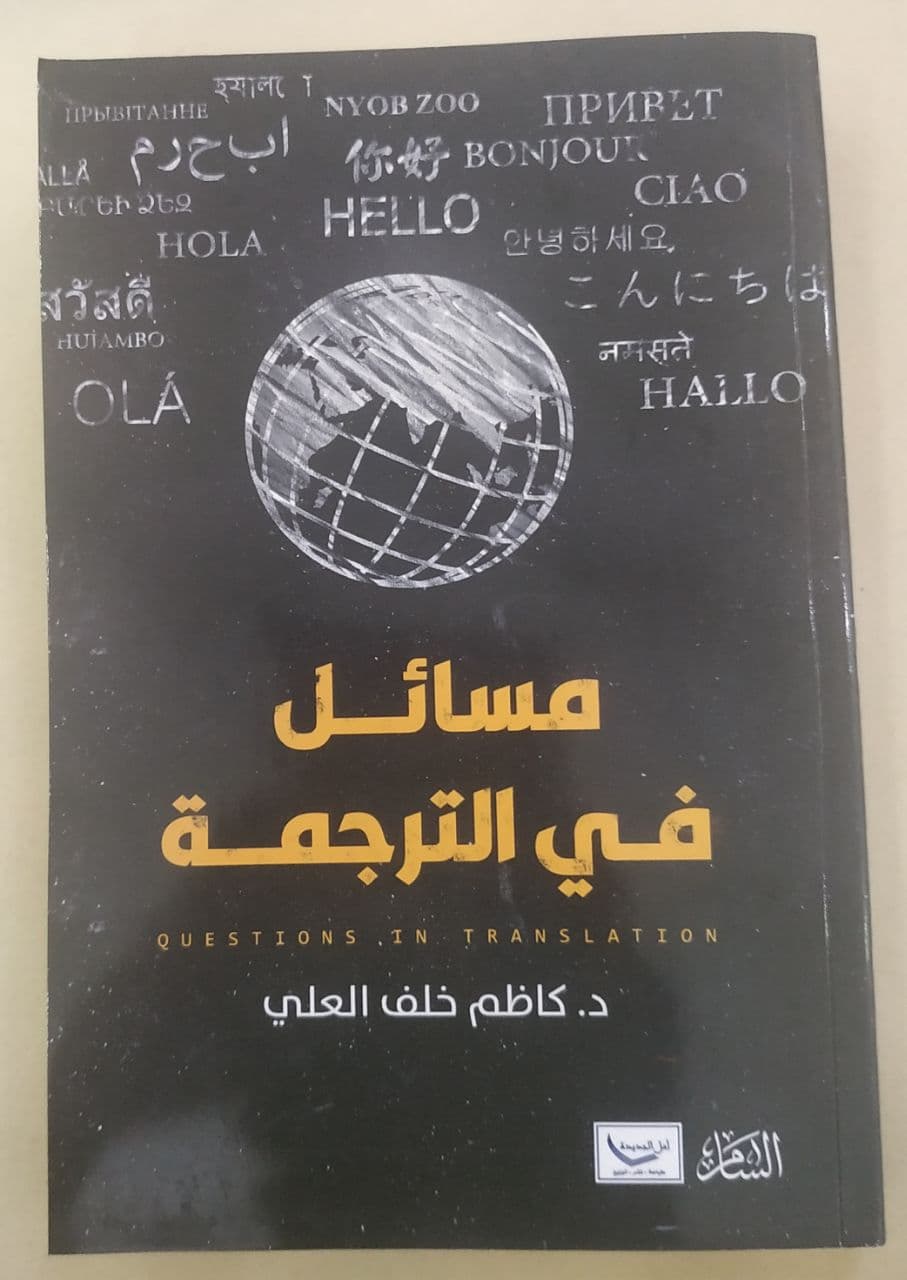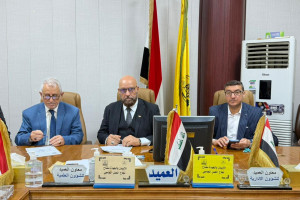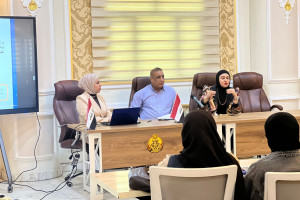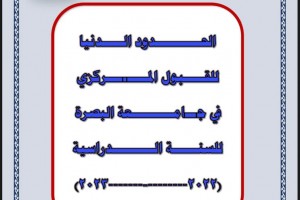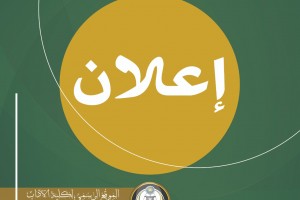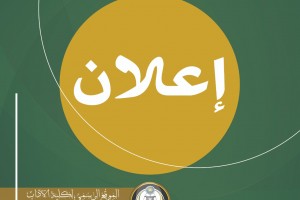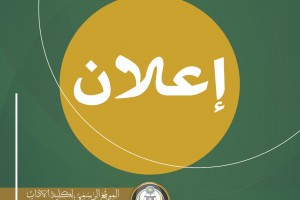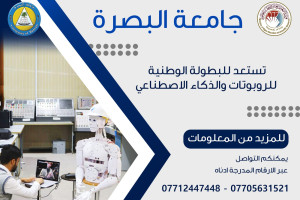
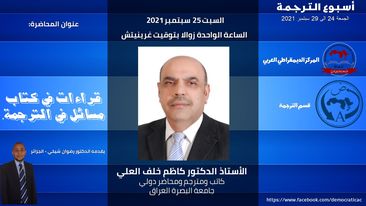
Professor Dr. Kazem Khalaf Al-Ali, an instructor at the Department of Translation at the College of Arts - University of Basrah, gave a lecture entitled “Readings in the Book of Issues in Translation” as part of the activities of the second day (25/9/2021) of Translation Week held by the Translation Department at the Arab Democratic Center in Berlin.
Dr. Al-Ali reviewed fifteen issues from his recently published book in Dar Al-Samer for printing and publishing. Among the issues reviewed by the instructor is the rooting of the invention of translation to Iraq based on the story of the Tower of Babel mentioned in the Genesis Book and how the Babylonians thought through their single language to build a great city with a tower that extends to the sky. That was the source of the wrath of God, so He disturbed them with different languages and scattered them around the world, thus translation was born.
This story definitely is incompatible with the Holy Verse:
“And among His Signs is the creation of the heavens and the earth, and the variations in your languages and your colours: verily in that are Signs for those who know”.
As the multiplicity of languages is a matter of the greatness of the Creator and his enormous capabilities.
In the second issue, Dr. Al-Ali renames the International Translation Day to the International Translators Day, because the occasion must be a celebration of the great pains and the great sacrifices made by translators, in the past and present.
In the third issue, the lecturer stresses the necessity of the interpreter’s observation of the rules of official and diplomatic protocol when translating for officials of high levels.
In the fourth issue, he focuses on the fact that application and theory cannot be separated from each other in the academic study, and indicates an unfortunate division among the teaching staff in dealing with their students in this regard.
In order to clarify the importance and position of translation, the lecturer shows that the act of translation is either intended to enrich the aesthetic or cognitive experience, or it is a tool for change, and he clarifies that commercial translators are not concerned with this issue because all their concern is to seek livelihood, while those who seek change are the segment of translators of literary, philosophical and intellectual works.
In the sixth issue, Prof. Dr. Al-Ali presents an oath for the graduates to chant in their private and public concerts, similar to the doctors oath.
In the seventh and eighth issues, respectively, the lecturer deals with the problems of teaching the subject of translation theories, which he believes that one of the first priorities of the student studying this subject is that he/she must have achieved a very good amount of language skills, and then defines the duty of the Arab and Muslim translators to translate the bright and luminous civilized works for his/her country and nation.
In the tenth issue, he refers to the disagreements that arise between authors and translators sometimes, especially when the author knows the foreign language, as he/she frequently interferes with the translations of the translator.
In the eleventh and twelfth issues, the lecturer deals with the experience of the great Iraqi poet Badr Shakir Al-Sayyab in translation and the experience of Prof. Dr. Mortada Jawad Baqer in translating linguistic books, especially his experience in translating Noam Chomsky's book "Aspects of Grammar Theory".
The researcher does not forget to refer to the link between translation and ideology, and refers to translations of political speeches, party conferences and the literature of the ruling party under Saddam Hussein's regime.
Prof. Dr. Kazem Al-Ali concludes his lecture by referring to Mark Twain’s words in his differentiation between the exact and similar meanings, the confusion that occurs among some, the confusion between authorship and translation, and some advantages of the Skopos theory of its owner Hans Vermeer.
